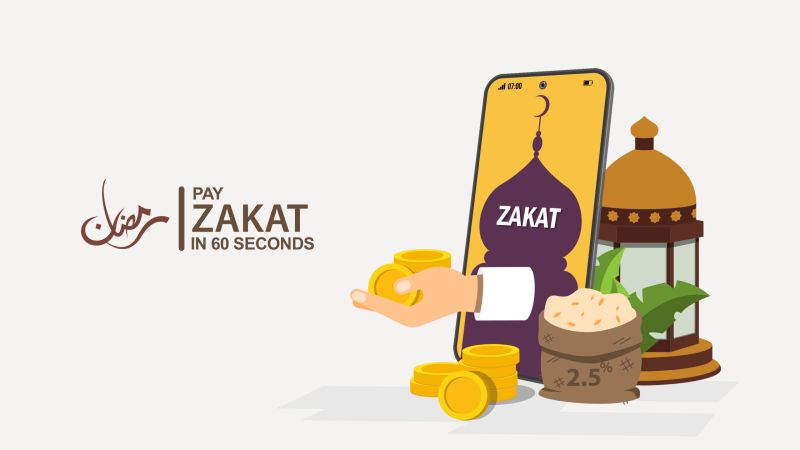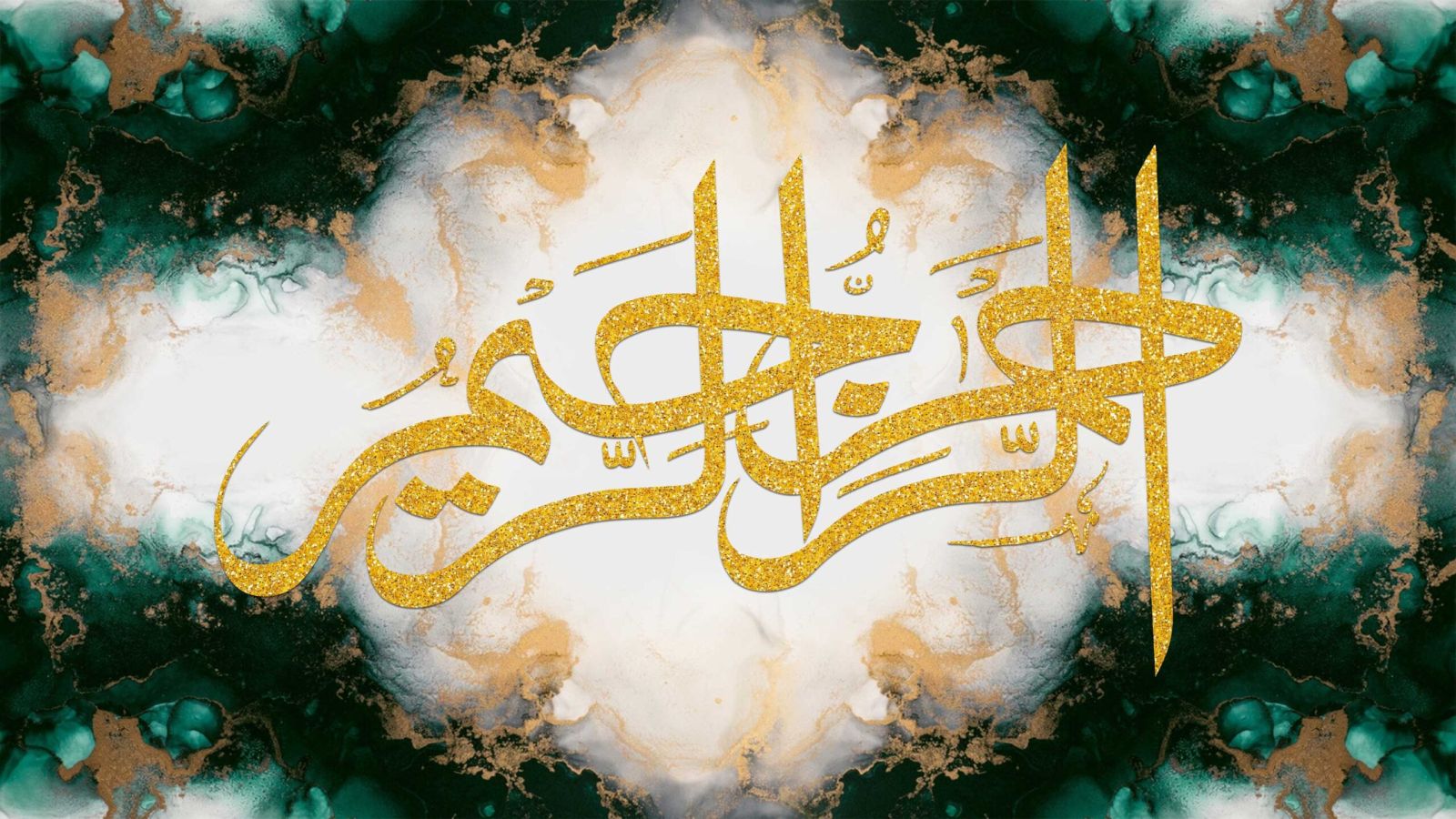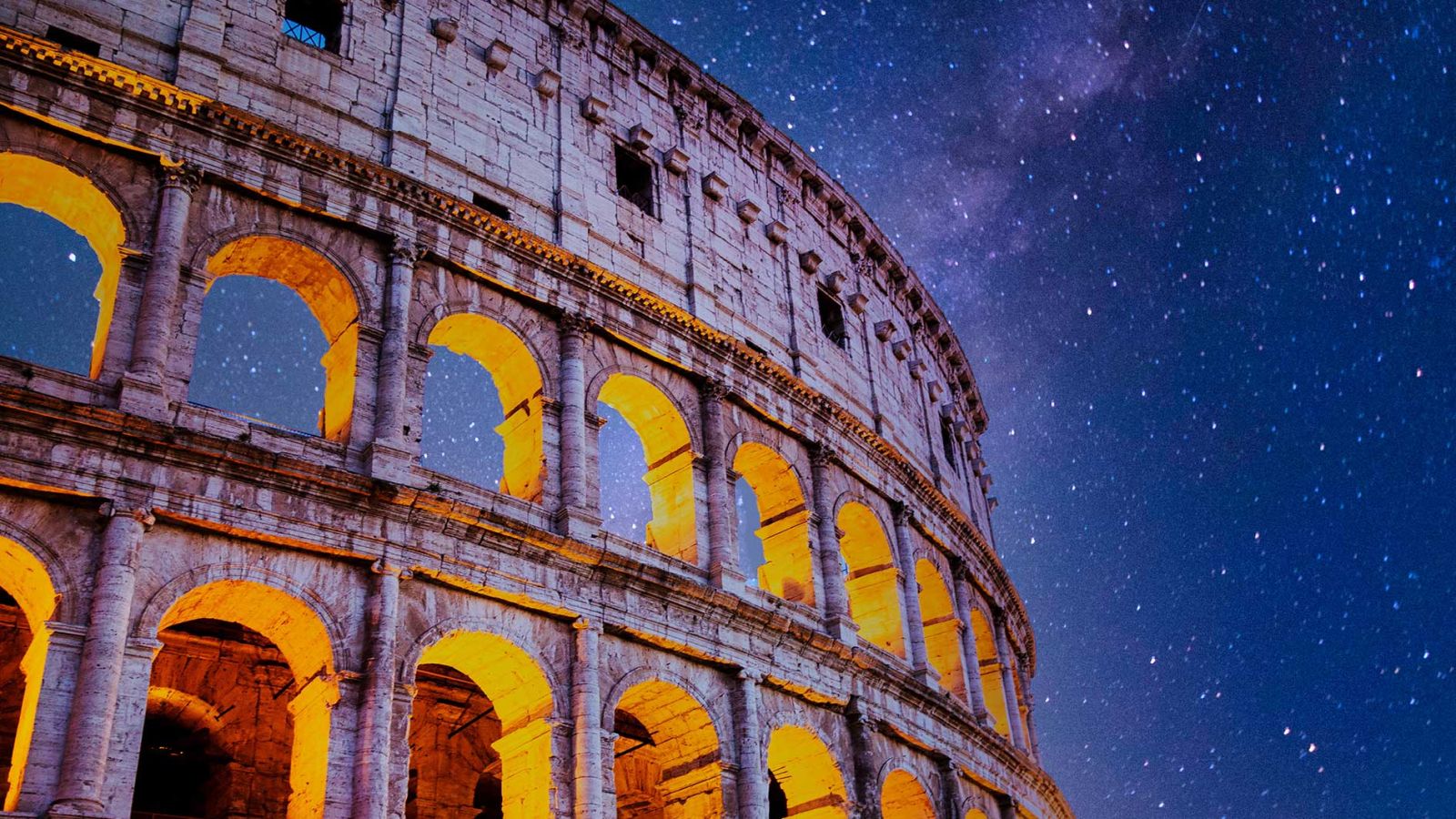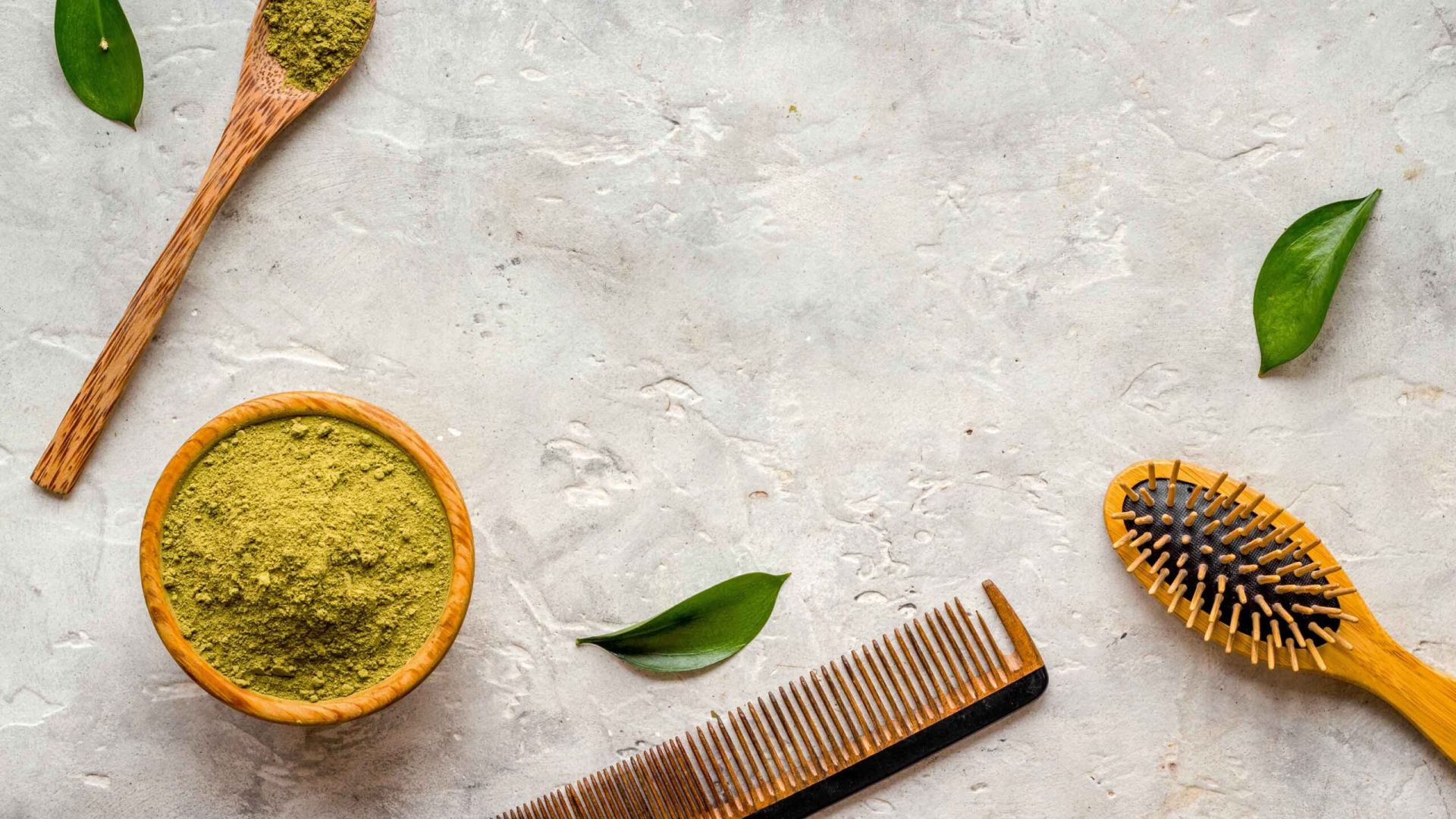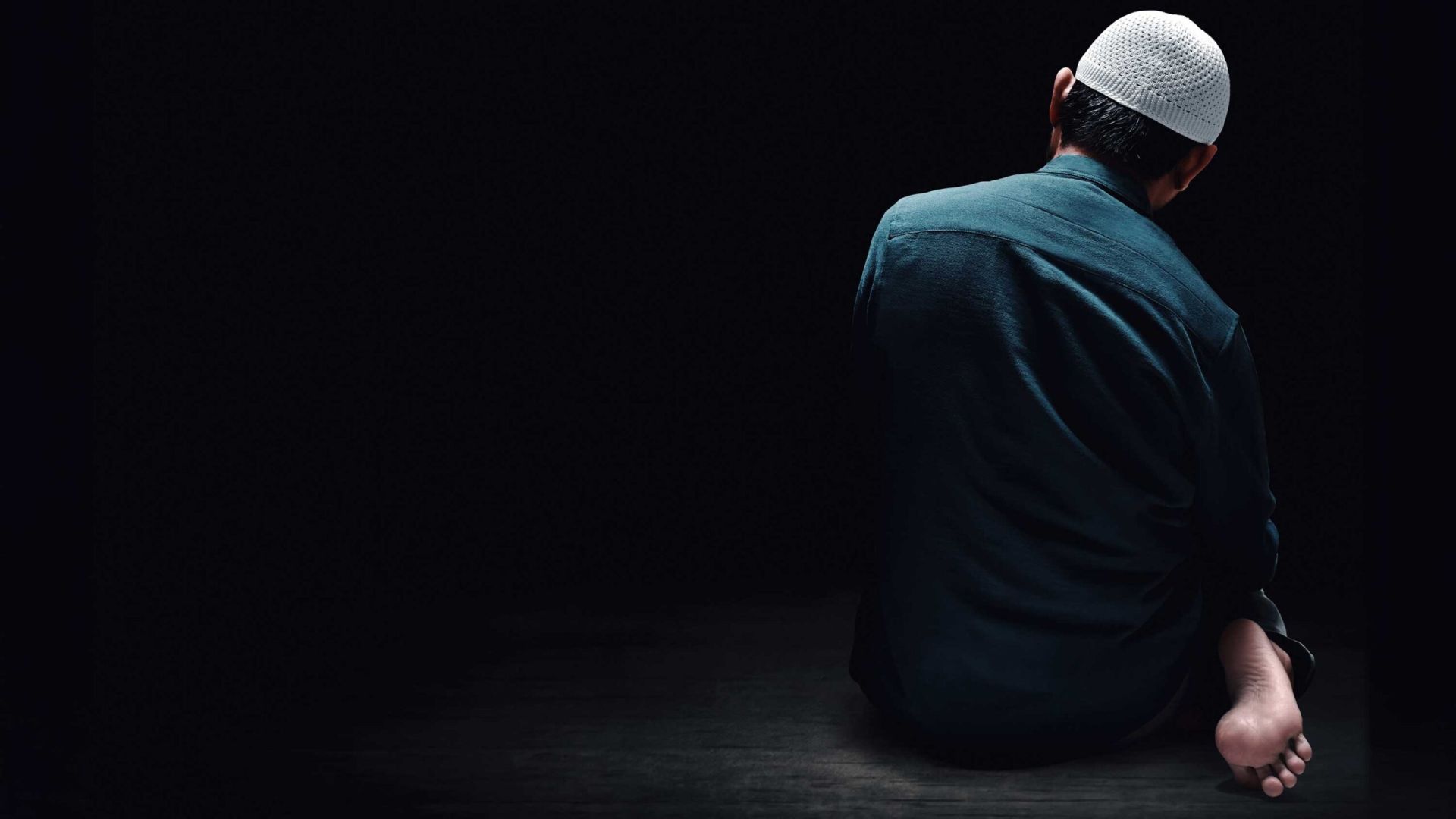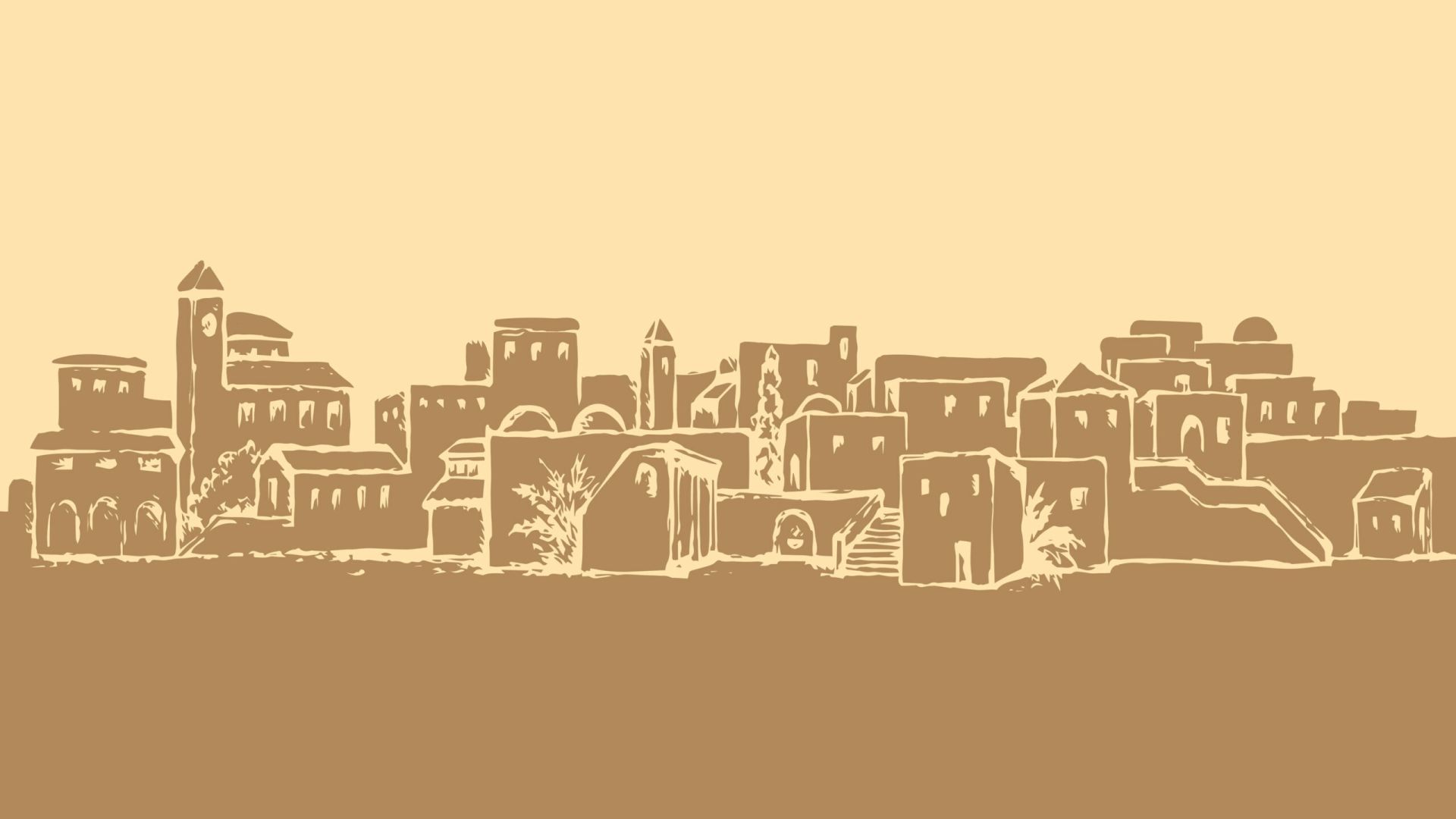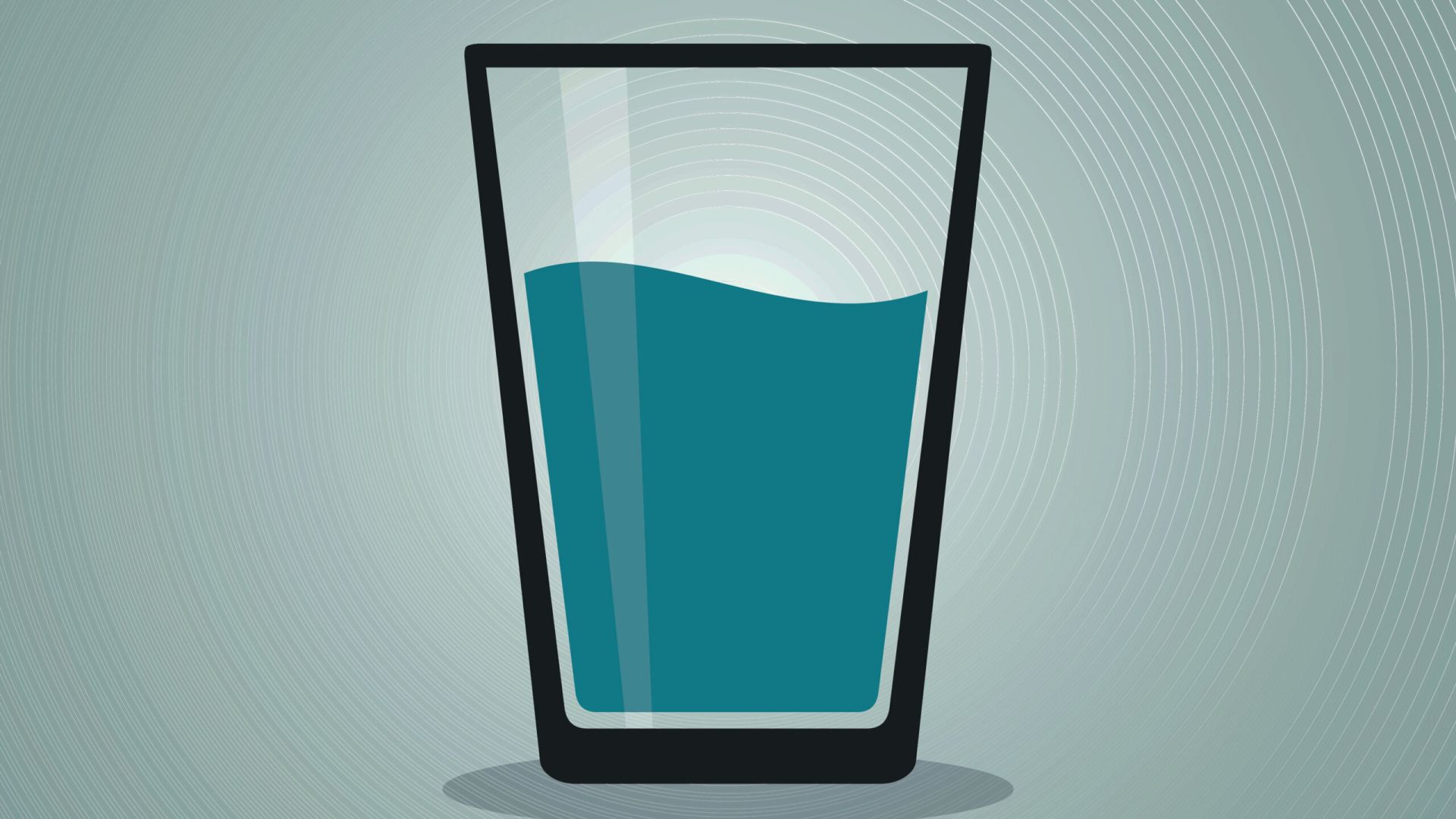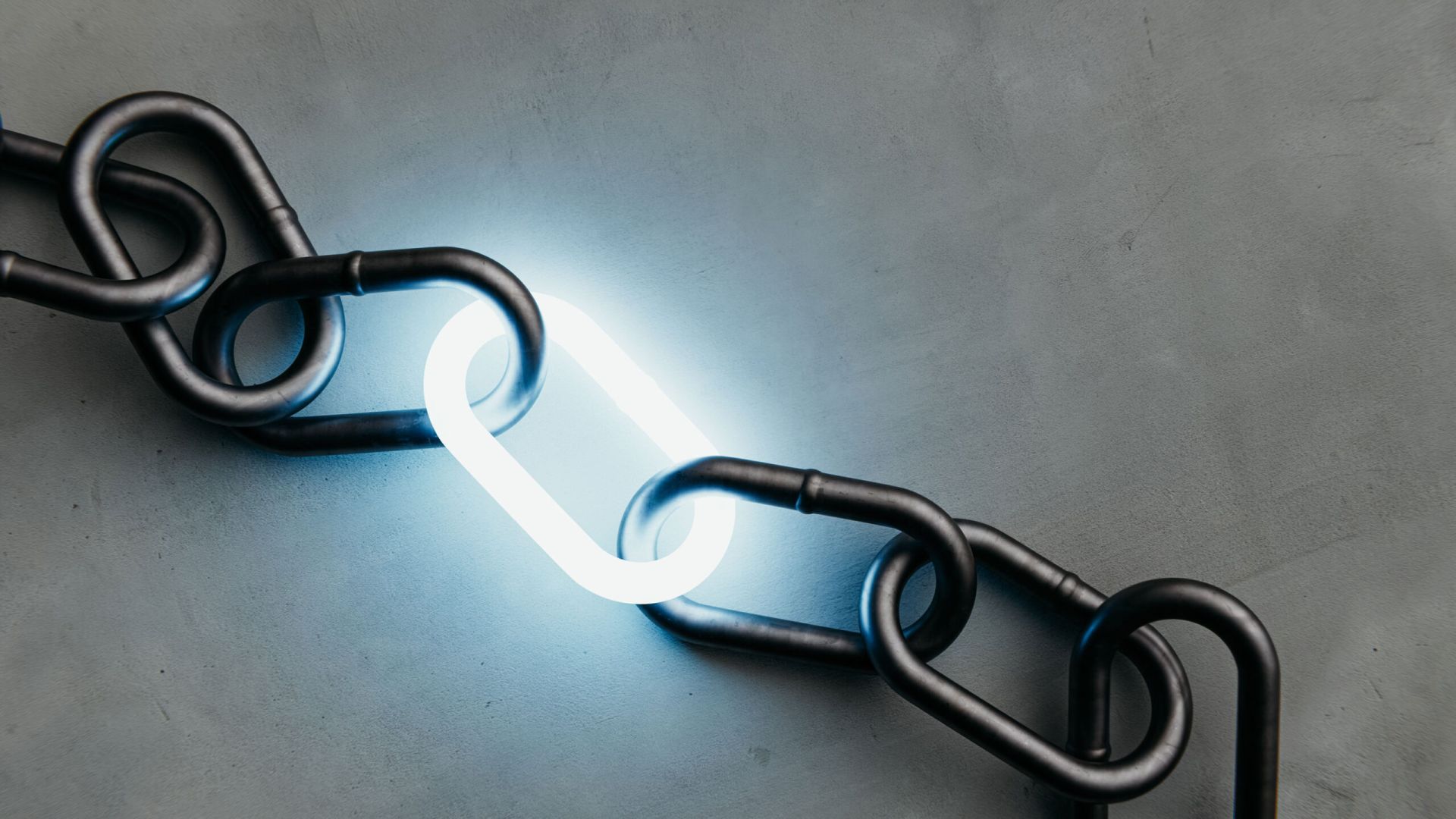Al-Ḥāfiẓ al-Nawawī [d. 676 AH] said:
Narrated by Abū Muḥammad al-Ḥasan ibn ʿAlī ibn Abi Ṭālib (صلى الله عليه وسلم), the grandson of the Messenger of Allāh (صلى الله عليه وسل) and [from among the most] prominent recipients of his mercy, who said: I memorised from the Messenger of Allāh (صلى الله عليه وسلم) [his saying]:
Leave that which gives you doubts for that which does not give you doubts.
Al-Ḥāfiẓ Ibn Rajab [d. 795] said:
[This ḥadīth] has been used as evidence to support the view that it is always better to completely abandon any issues for which there is a difference of opinion between the scholars, for this is more distant from discomposure and confusion. However, the jurists from among our colleagues and others have adopted the opinion that this [course of action] is not all-encompassing. For there exists from among the much-debated issues [between ḥalāl and ḥarām] that which the Prophet (صلى الله عليه وسلم) has confirmed as having granted pardon [for the ones who engage in these debated actions].
Moreover, these granted pardons have no legitimate counter. Thus, taking full advantage of these permissions is better than complete avoidance of the [misplaced controversy]. It may be that the exemptions [pertaining to these issues of jurisprudence] simply did not reach some scholars, causing them to cautiously avoid them. This holds similarity to the one who is assured of his state of purity [having made wuḍūʾ], but has doubts concerning its nullification. [For such a person], it has been confirmed that the Prophet (صلى الله عليه وسلم) said: ‘Let him not abandon [the action for which wuḍūʾ is a requirement] until he hears the sound [of passing gas] or smells its odour.’ This would especially pertain to the individual who has already entered into ṣalāh when he begins to have doubts [concerning the state of his wuḍūʾ]. For such a person, it is impermissible for him to interrupt his ṣalāh [except for that which he is assured regarding] due to the authentic prohibition that has been confirmed concerning this; even though there are scholars who would obligate such an action.
However, if the stated exemption is legitimately countered; either by another narration or if the actions of the ummah is contrary to it [ijmāʿ], then in this case it is better to leave the [disputed] matter completely. Likewise, if acting in light of the apparent pardon is seldom enacted by the populace, rather acting contrary to it has gained fame across the Muslim communities from the time of the companions [may Allāh be pleased with all of them], then adoption of that which is the habit of those Muslims is the superior course of action. This is because Allāh has preserved this ummah such that the people of falsehood shall never avail themselves over those who have grasped firmly to the truth. Thus, those actions that are manifest and apparent during the [first] three generations of favour and excellence [we say] are undoubtedly the truth, and what is contrary to it must be false.
Endnotes:
Source: Jāmiʿ al-ʿUlūm: 301-302
Translated by: Riyāḍ al-Kanadī


